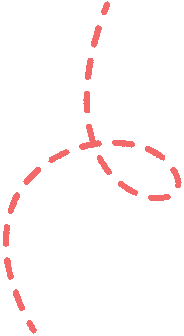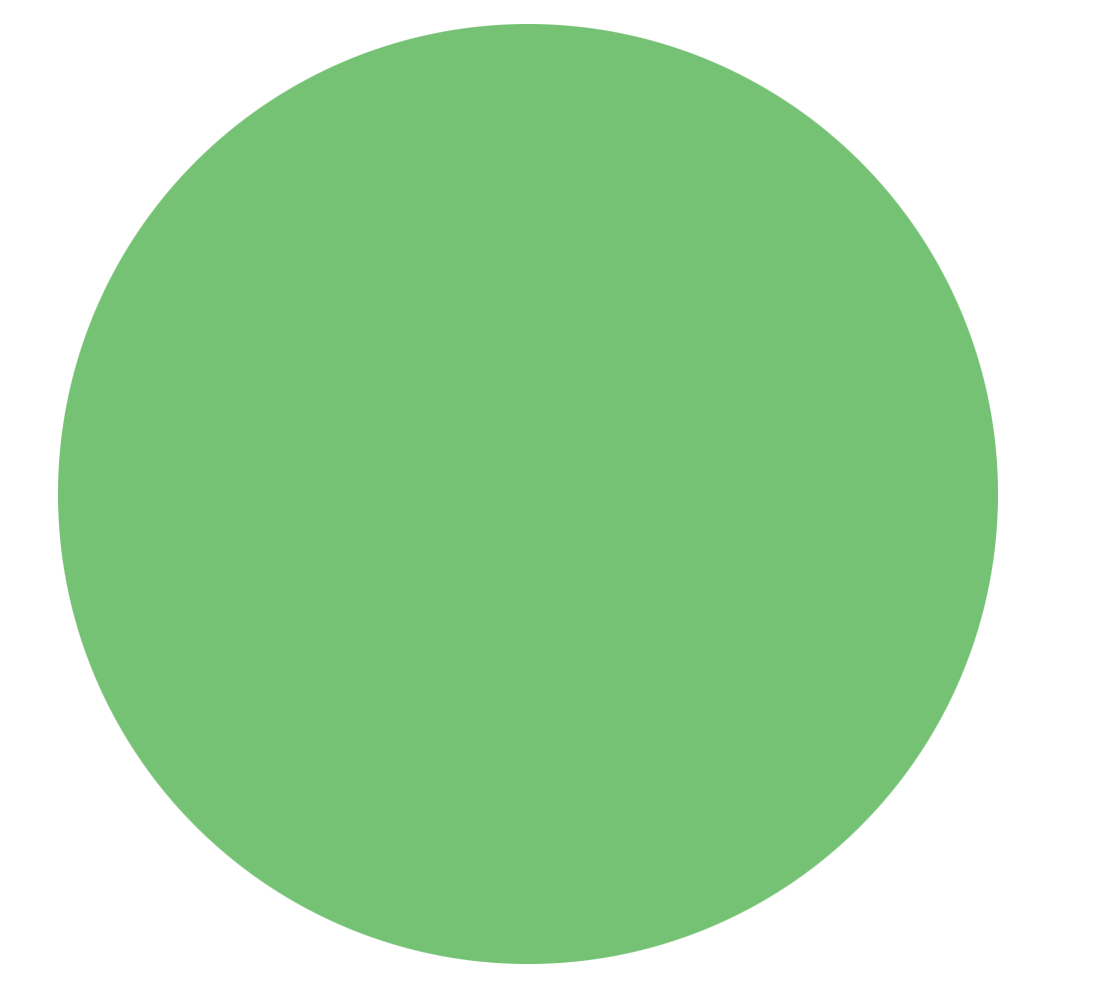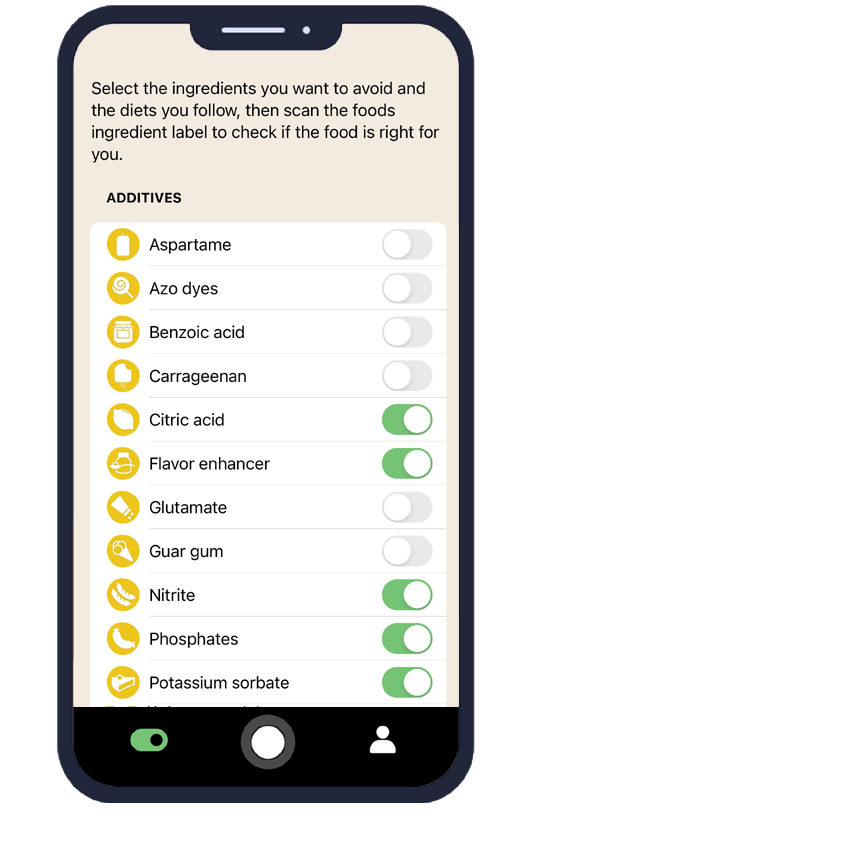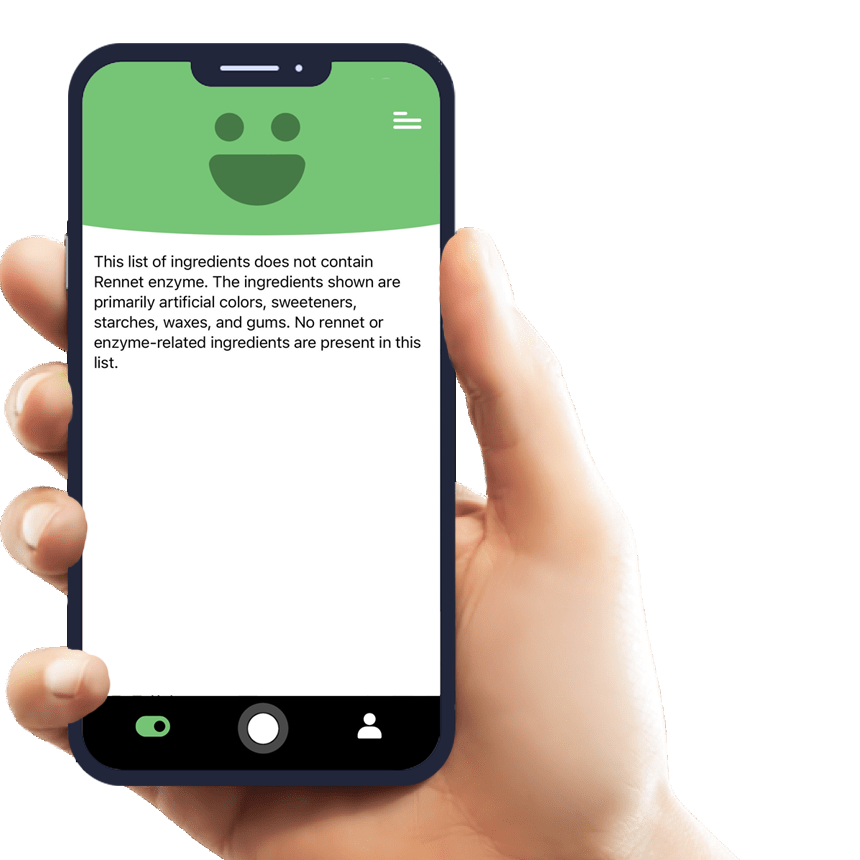Everything You Need to Know About Mollusks and How AI Eat This Can Help You Stay Safe
Mollusks are among the most common food allergens worldwide, affecting millions of people who must carefully monitor their diet to avoid severe allergic reactions. These marine animals, including shellfish like oysters, clams, mussels, and scallops, can trigger serious health complications in sensitive individuals. For those with mollusk allergies or dietary restrictions, identifying these ingredients in processed foods can be challenging and time-consuming.
The AI Eat This mobile app revolutionizes how consumers navigate food safety by instantly scanning ingredient lists and identifying Mollusks in any product. This innovative technology helps users make informed decisions about their food choices, ensuring they can maintain their dietary restrictions while enjoying a varied and safe diet.
What Are Mollusks and Where Are They Used in Food Products?
Mollusks represent a diverse group of marine animals characterized by soft bodies, often protected by hard shells. In the food industry, Mollusks appear not only as whole foods but also as ingredients in various processed products. Common mollusk species consumed as food include oysters, clams, mussels, scallops, squid, and octopus.
These ingredients frequently appear in unexpected places beyond obvious seafood dishes. Many processed foods contain mollusk-derived ingredients, including certain sauces, flavor enhancers, and even some supplements. The challenge for consumers lies in recognizing these ingredients when they're listed under alternative names or scientific terminology.
Common Foods Containing Mollusks
Mollusks can be found in numerous food products, making label reading essential for those with allergies or dietary restrictions:
- Seafood sauces and marinades
- Asian cuisine ingredients like oyster sauce and fish sauce
- Certain processed soups and broths
- Some flavor enhancers and seasonings
- Specialty food additives in gourmet products
- Cross-contaminated products processed in facilities handling mollusks
Is Mollusks Safe? What Does the Research Say?
For most people, Mollusks are safe and nutritious foods rich in protein, omega-3 fatty acids, and essential minerals. However, mollusk safety depends entirely on individual tolerance and preparation methods. The FDA recognizes mollusks as one of the major food allergens that must be clearly labeled on food products.
Regulatory Approvals and Guidelines
The World Health Organization and other international health authorities acknowledge that while Mollusks are generally safe for consumption, they pose significant risks for allergic individuals. In the United States, the Food Allergen Labeling and Consumer Protection Act requires manufacturers to clearly identify mollusk ingredients on product labels.
The European Food Safety Authority has established similar guidelines, emphasizing the importance of proper labeling and cross-contamination prevention in food manufacturing facilities. These regulations help protect consumers but don't eliminate the need for vigilant label reading.
Risks for Specific Groups
Individuals with Mollusks allergy face serious health risks when exposed to these ingredients. Mollusk allergies can cause symptoms ranging from mild digestive discomfort to severe anaphylactic reactions requiring immediate medical attention. Unlike some food allergies that children may outgrow, mollusk allergies typically persist throughout adulthood.
Cross-contamination presents another significant concern, as facilities processing mollusks may inadvertently contaminate other products. This makes it crucial for sensitive individuals to understand not just direct ingredients but also potential exposure risks.
How Does AI Eat This Help You Avoid Mollusks?
The AI Eat This app transforms the challenging task of identifying Mollusks in food products into a simple, instant process. Users can scan any ingredient list using their smartphone camera, and the app's advanced artificial intelligence immediately identifies mollusk-containing ingredients, regardless of the language or terminology used.
This technology proves invaluable for people managing Mollusks intolerance or allergies, as it eliminates guesswork and reduces the risk of accidental exposure. The app's personalized filter system allows users to set specific dietary restrictions, ensuring they receive alerts whenever Mollusks appear in scanned products.
Beyond simple identification, AI Eat This provides educational information about alternative names and hidden sources of Mollusks, empowering users to make informed decisions about their food choices. The app works with products from any country and in multiple languages, making it an essential tool for travelers and international food shoppers.
Who Should Avoid Mollusks?
Several groups of people should exercise caution or completely avoid Mollusks due to health concerns or dietary restrictions. Individuals diagnosed with mollusk allergies must strictly avoid these ingredients to prevent potentially life-threatening reactions. Even trace amounts can trigger severe symptoms in highly sensitive people.
People following certain religious dietary laws may also need to avoid Mollusks, as some faith traditions prohibit the consumption of shellfish and other marine animals. Additionally, individuals with specific medical conditions or those taking certain medications might need to limit their mollusk intake based on their healthcare provider's recommendations.
Those with compromised immune systems should be particularly cautious, as mollusks can sometimes carry bacteria or toxins that pose additional health risks. Pregnant women are often advised to limit certain types of shellfish consumption due to potential mercury content and food safety concerns.
Tips for Maintaining a Mollusks-Free Diet
Successfully avoiding Mollusks requires a combination of careful planning, label reading, and the right tools. Start by familiarizing yourself with common alternative names for mollusk ingredients, including scientific terms and regional variations that might appear on ingredient lists.
When dining out, always inform restaurant staff about your Mollusks allergy or dietary restrictions, and ask detailed questions about food preparation methods and potential cross-contamination. Many restaurants use shared cooking surfaces or utensils that could introduce mollusk proteins into otherwise safe dishes.
Consider these practical strategies for maintaining dietary restrictions:
- Use the AI Eat This app to scan all packaged foods before purchase
- Research restaurants and their allergen policies before dining out
- Keep emergency medication readily available if you have severe allergies
- Build a list of trusted brands and products that are consistently safe
- Stay informed about food recalls and safety alerts related to mollusks
Conclusion
Understanding Mollusks and their presence in food products is essential for millions of people managing allergies, intolerances, or specific dietary restrictions. While these marine ingredients pose no risk to most consumers, they can cause serious health complications for sensitive individuals who must remain vigilant about their food choices.
The AI Eat This app provides an invaluable solution for anyone needing to avoid Mollusks, offering instant ingredient identification and personalized dietary management tools. By combining advanced technology with comprehensive food safety information, this app empowers users to maintain their dietary restrictions without sacrificing convenience or variety in their food choices.
Take control of your dietary safety today – download AI Eat This for free testing and experience the peace of mind that comes with instant, accurate ingredient identification. Your health and safety are worth the investment in reliable food scanning technology.

70 filters
With over 70 filters, you can easily avoid certain ingredients and follow your dietary preference.

Paleo

Pescetarian

Ultra-processed food

Vegan







































































